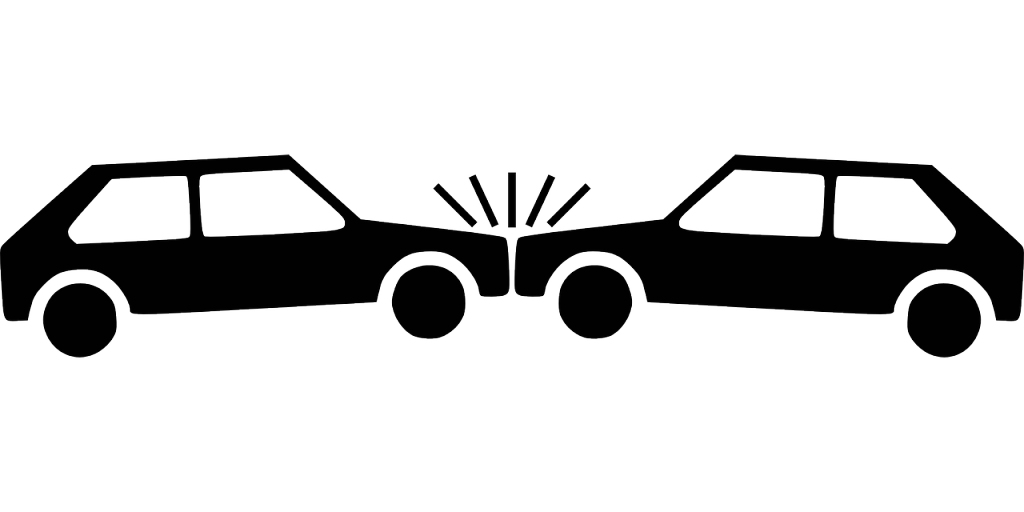- BY Colin Yeo

How not to write a determination
THANKS FOR READING
Older content is locked

A great deal of time and effort goes into producing the information on Free Movement, become a member of Free Movement to get unlimited access to all articles, and much, much more
TAKE FREE MOVEMENT FURTHER
By becoming a member of Free Movement, you not only support the hard-work that goes into maintaining the website, but get access to premium features;
- Single login for personal use
- FREE downloads of Free Movement ebooks
- Access to all Free Movement blog content
- Access to all our online training materials
- Access to our busy forums
- Downloadable CPD certificates

From the very first sentence of ML (Nigeria) v Secretary of State for the Home Department [2013] EWCA Civ 844, one of the many end of term judgments issued last week, one knows there is going to be trouble:
Of all the hackneyed phrases in the law, few are more frequently deployed in the field of immigration and asylum claims than the requirement to use what is described as “anxious scrutiny”.
It was clearly not bluebell time in Kent as far as Lord Justice Moses was concerned. It doesn’t get any better at paragraph 2:
The instant appeal is yet another unfortunate example where the First-tier Tribunal displayed an absence of care, both as to the recitation of the facts and the arguments that were advanced in relation to a claim for asylum.
He goes on to explain that the case is a paradigm for Court of Appeal level consideration of the proper approach to substantial errors in the recollection and record of the facts that were advanced and of the procedures and processes by which arguments were advanced in favour of the asylum-seeker. From the facts recited by the court the appellant certainly appeared to be a very weak case severely lacking in credibility.
Not to put too fine a point on it, the First-tier Tribunal judge, Mr MA Khan sitting at Hatton Cross, had made ‘serious errors’ in the determination of the case. The errors are recorded at paragraphs 6 to 9 of the judgment and included referring to a non existent skeleton argument, referring to two different interviews that had never taken place and inclusion of a whole paragraph relating to a different country and presumably lifted from a different appeal. The judge then stated that the non existent skeleton argument was set out in the record of proceedings, recorded submissions by a barrister who was not present and had nothing to do with the case and recorded that counsel had sought to rely on the non existent skeleton. More than a hint of exasperation creeps into Moses lJ’s judgment at this point:
There were no skeleton arguments, as I say for the third time, and yet they apparently were taken into account by the judge.
Judge Khan went on to deal with the actual facts of the case and set out “undoubtedly powerful factual reasons for disbelieving this claimant.” Was this enough to save the determination?
In the view of the Upper Tribunal on appeal, it was. Despite “regrettable factual errors” the Upper Tribunal concluded that the determination disclosed “no arguable error of law” because the adverse conclusion was “inevitable.”
As can perhaps be detected from the tone of the judgment so far, the Court of Appeal disagreed, reminding the Upper Tribunal in no uncertain terms that a series of factual errors can constitute an error of law. A number of legal bases are identified, in fact: factual errors can themselves be an error of law if significant to the conclusion, taking into account something that should not have been and failure to provide a fair hearing. Moses LJ concluded that it could not be said that the judge “carefully and conscientiously considered the arguments both against and for this claimant before reaching the serious conclusion that he was not to be believed.”
Sir Stanley Burton’s succinct concurring judgment makes an useful restatement of the law on this issue:
In agreement with Moses LJ, I consider it clear that a material error of fact in a determination of a tribunal will constitute an error of law. A material error of fact is an error as to a fact which is material to the conclusion. If there is any doubt as to whether or not the incorrect fact in question was material to the conclusion, that doubt is to be resolved in favour of the individual who complains of the error. It is clear from the determination of the First-tier Tribunal that the appeal of this appellant was not considered with the care that was required.
The second appeals test will often act as a barrier to appealing Upper Tribunal apathy to First-tier judgecraft car crashes. It should not. Even where the Upper Tribunal fails to act as a guarantor of fair trial, at least the Court of Appeal stands ready to do so in the most egregious cases.
SHARE


2 responses
Excellent and very amusing report, Colin. Even my non-lawyer partner had a few giggles as I read out to him. As to FTJ Khan…. well, I once had a determination rattling on about my client’s wife over quite a few paragraphs. Except he had no wife.
Ahem.
I’ve been very careful to stick to the material in the judgment…